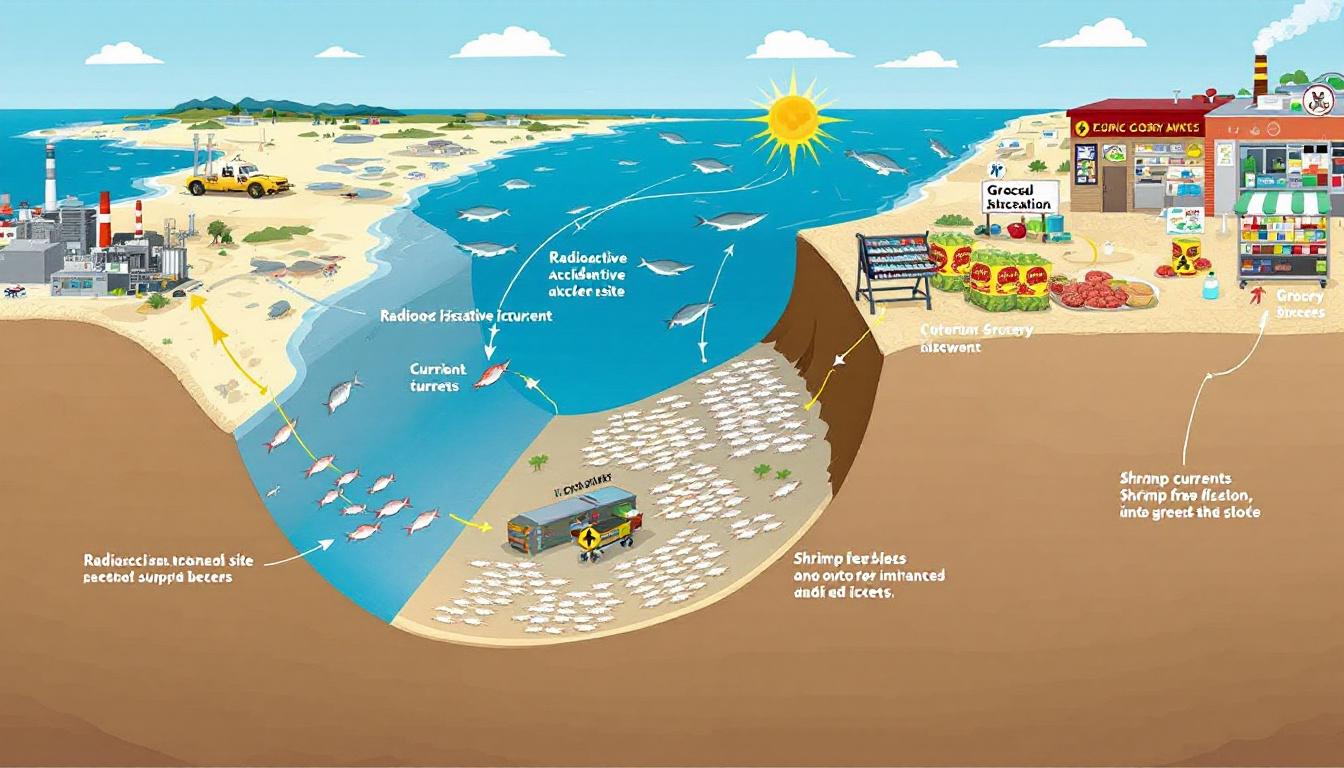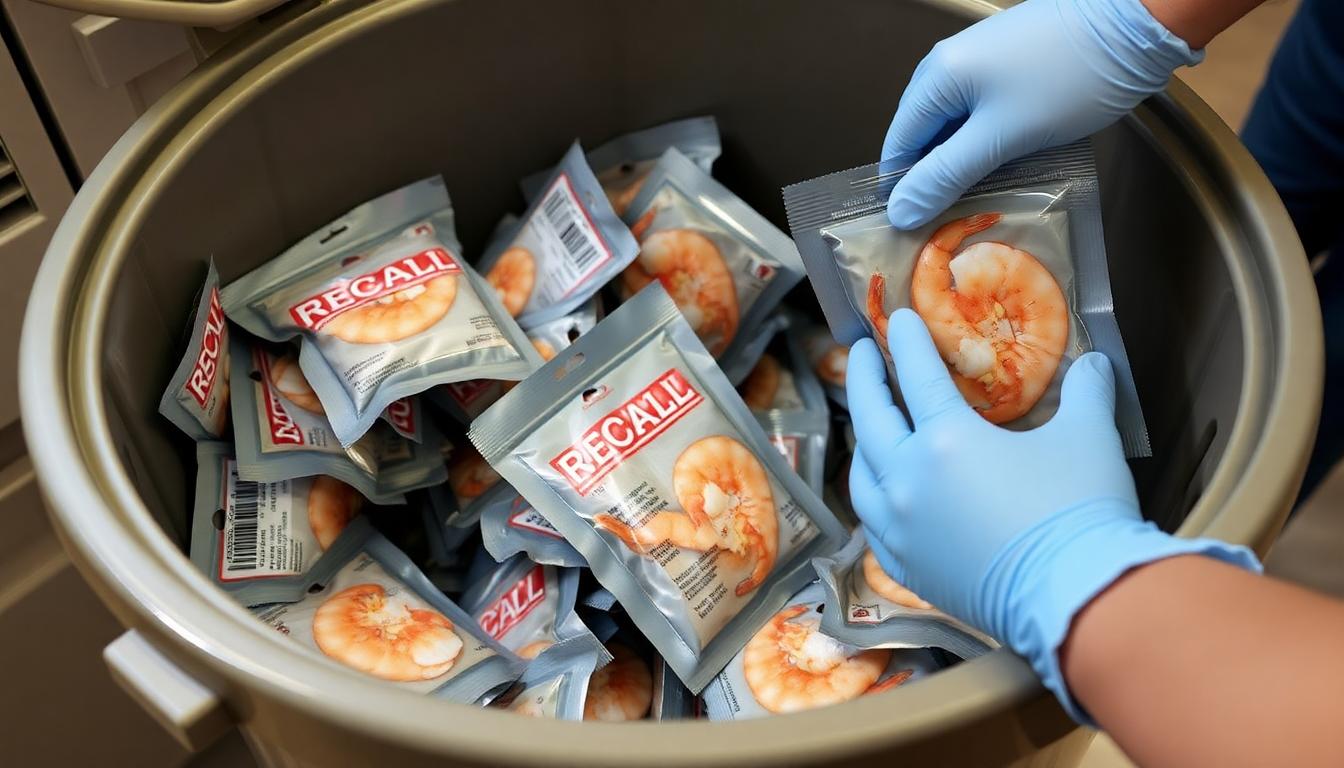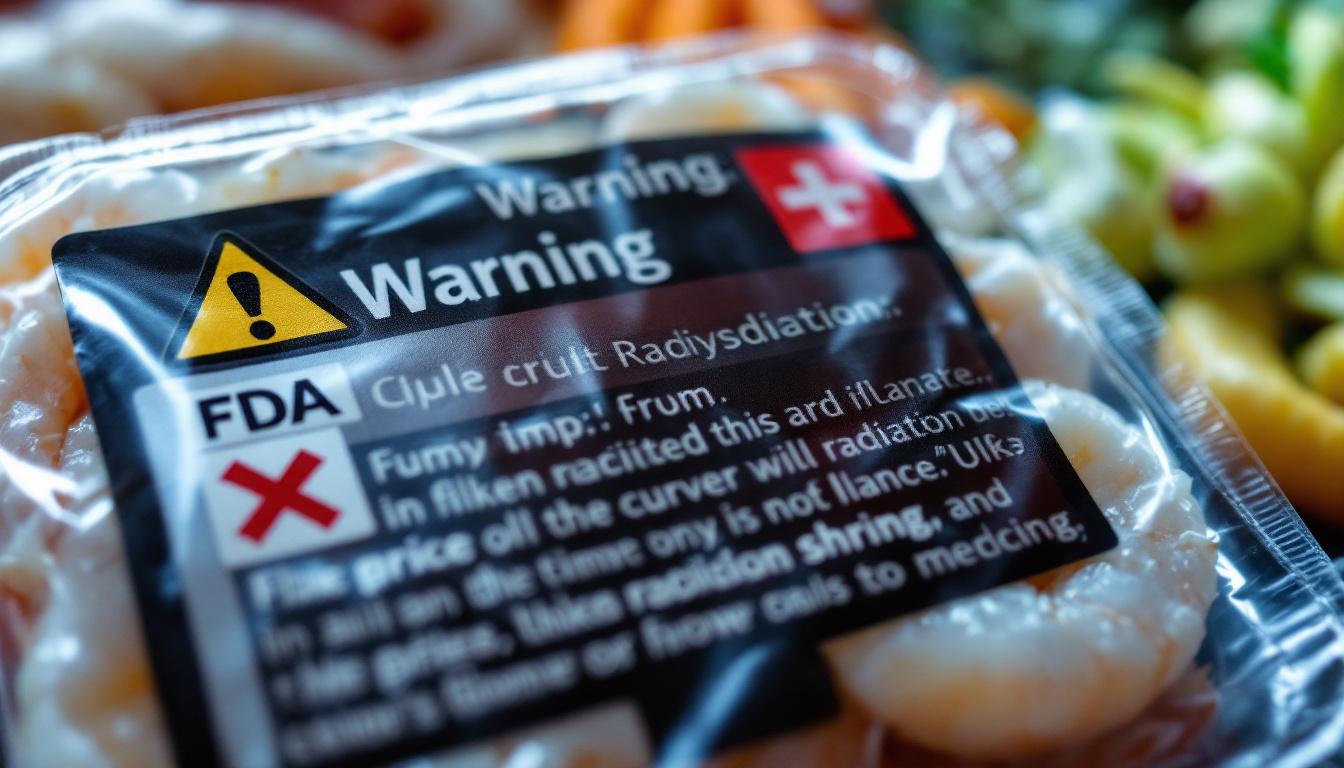Introduction
On August 20, 2025, the U.S. Food and Drug Administration (FDA) issued an urgent advisory against consuming certain shrimp products from a well-known national seafood brand. The alert follows routine testing that uncovered the presence of radioactive substances in specific batches of the brand’s frozen and fresh shrimp products. As news circulates, consumers and retailers across the country are facing tough questions about food safety, supply chain oversight, and the impact on public health.
What Happened? The FDA’s Announcement
Late Tuesday, the FDA published a bulletin warning customers about the contaminated shrimp, urging everyone to check packages for specific lot numbers listed on their website. The products, distributed nationwide and popular in both retail and restaurant supply chains, underwent spot checks as part of the FDA’s random sampling program.
Routine analysis flagged alarming levels of radioactive isotopes. According to the preliminary report, traces of cesium-137, a radioactive element, were found in shrimp sourced from a supplier in Southeast Asia.

Why Is Radioactivity in Food a Concern?
Radioactive materials, even in trace amounts, pose serious dangers. Cesium-137, in particular, can accumulate in soft tissue, increasing the risk of cancer and other illnesses. The FDA’s regulatory limit for radioactivity in food is extremely strict, in line with international guidelines. Consumption of contaminated food, even if only a small portion is unsafe, can cause harm—especially to children, elderly, and pregnant women.
Experts stress that this is a rare occurrence. Most imported seafood passes rigorous quality checks, designed to catch precisely these sorts of problems. However, radioactive contamination sometimes results from legacy environmental issues, such as improper disposal of nuclear waste or fallout from decades-old nuclear accidents that have contaminated certain regions.

How Did the Contamination Happen?
Sources familiar with the investigation reveal that the affected shrimp supplier operates in a region recently identified by environmental groups as a potential hotspot for radioactive pollution. There is speculation that leaking from old industrial sites or run-off from illegal dumping could be responsible. The FDA has been tight-lipped about the ongoing investigation, but industry analysts suspect possible supply chain lapses.
Marine biologist Dr. Lisa Howell explains, “The ocean is resilient, but certain pollutants like radioactive isotopes can persist for decades. Regular testing is key, and today’s FDA alert shows the system works, even if incidents like this are alarming.”
What Products Are Affected?
The FDA’s recall, effective immediately, covers all lot numbers listed on their recall page. Most impacted products are:
- Frozen peeled and deveined shrimp (various sizes)
- Raw, shell-on shrimp in bulk packs
- Cooked shrimp rings sold in retail freezer sections
Consumers are urged not to eat any shrimp products matching the recall details. Instead, return them to the place of purchase or dispose of them following guidance from local waste services.

The Seafood Industry Responds
As rumors swirl, the shrimp industry is pushing for transparency. Leaders from the National Fisheries Institute state, “Food safety remains our top priority. We support the FDA’s action and are cooperating fully.”
Grocers and restaurant chains are also taking swift action, pulling affected products from shelves and menus. Some stores have begun checking lot numbers on all seafood shipments as a precaution.
What Should Consumers Do Now?
The FDA urges everyone to:
- Check shrimp packaging against the official recall list.
- Do not eat or cook shrimp if the lot number matches the recall.
- Return products to the store or follow local guidance for safe disposal.
- Wash hands and kitchen surfaces if you have handled the recalled shrimp.
If you’ve already eaten the product, don’t panic—low doses of radiation rarely cause immediate symptoms. However, anyone with concerns, especially parents of young children, should reach out to healthcare providers for advice.
Broader Implications for Food Safety
Events like this shrimp recall renew debate on the monitoring of overseas food suppliers and highlight the importance of robust inspection protocols. Many consumer advocates call for greater transparency about where food is sourced and how it is tested.
Researchers also advocate for more frequent, detailed testing—not just for bacteria and chemical toxins, but also for contaminants like radioactive isotopes.
Conclusion: Staying Safe and Informed
While the FDA’s shrimp recall is unsettling, it demonstrates that senior regulators react quickly to new risks. This incident is a reminder to stay vigilant about where our food comes from, and to follow official advice on product recalls. Consumers can stay safest by:
- Regularly checking FDA recall lists
- Buying seafood from trusted sources
- Asking retailers about product origins and safety measures
As science and testing improve, and as more consumers demand accountability, the chances of such incidents decline. But today’s recall illustrates that food safety is a shared responsibility involving regulators, companies, and shoppers alike.
To contact us click Here .

